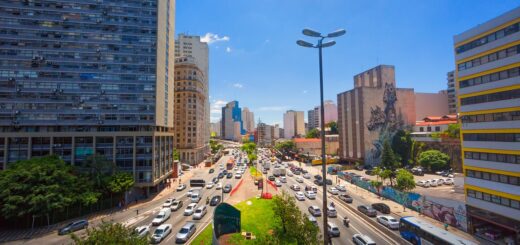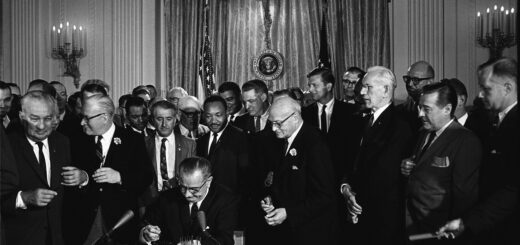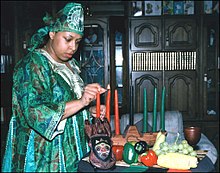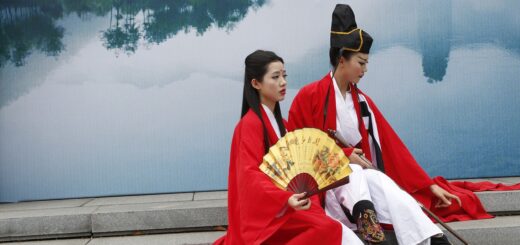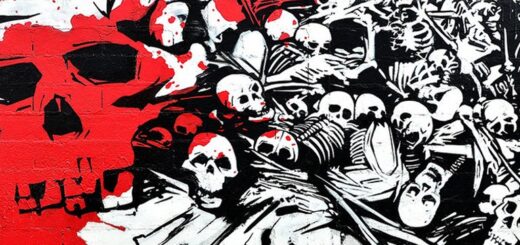Knows about Muslim religious festivals
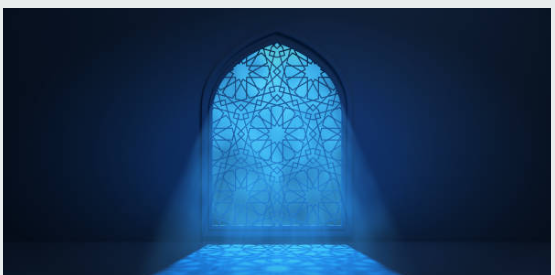
Islam, the second-largest religion in the world, has several important festivals celebrated by Muslims around the globe. The two major festivals in Islam are Eid al-Fitr and Eid al-Adha. The dates of these festivals are determined by the lunar Islamic calendar, and they may vary slightly each year based on the sighting of the moon.
Eid al-Fitr (عيد الفطر)
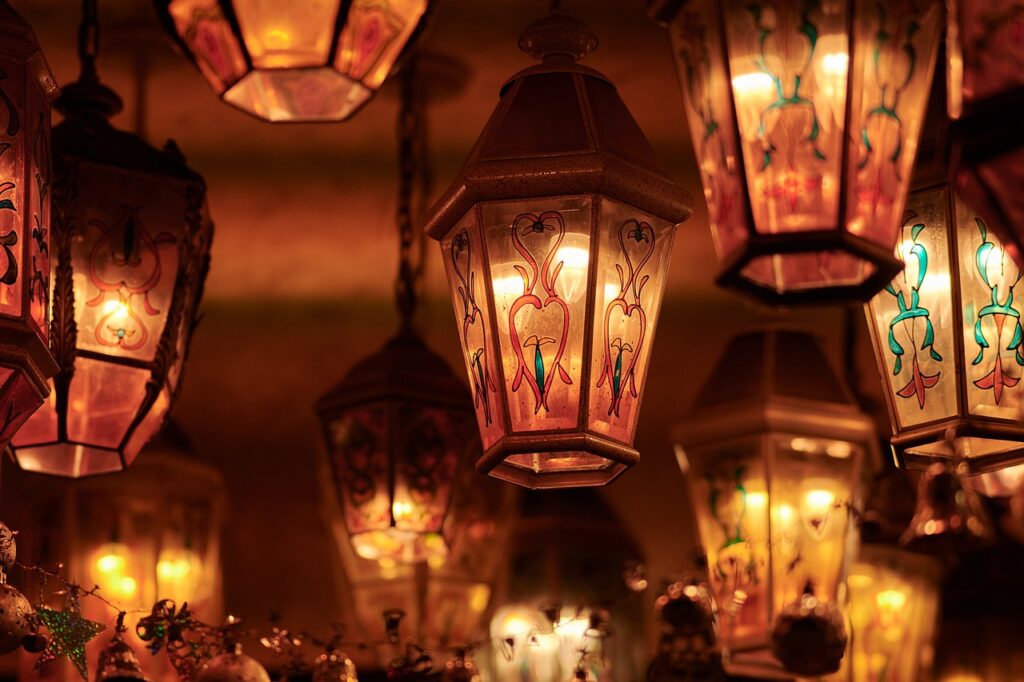
Also known as the “Festival of Breaking the Fast.” Celebrated at the end of the holy month of Ramadan,
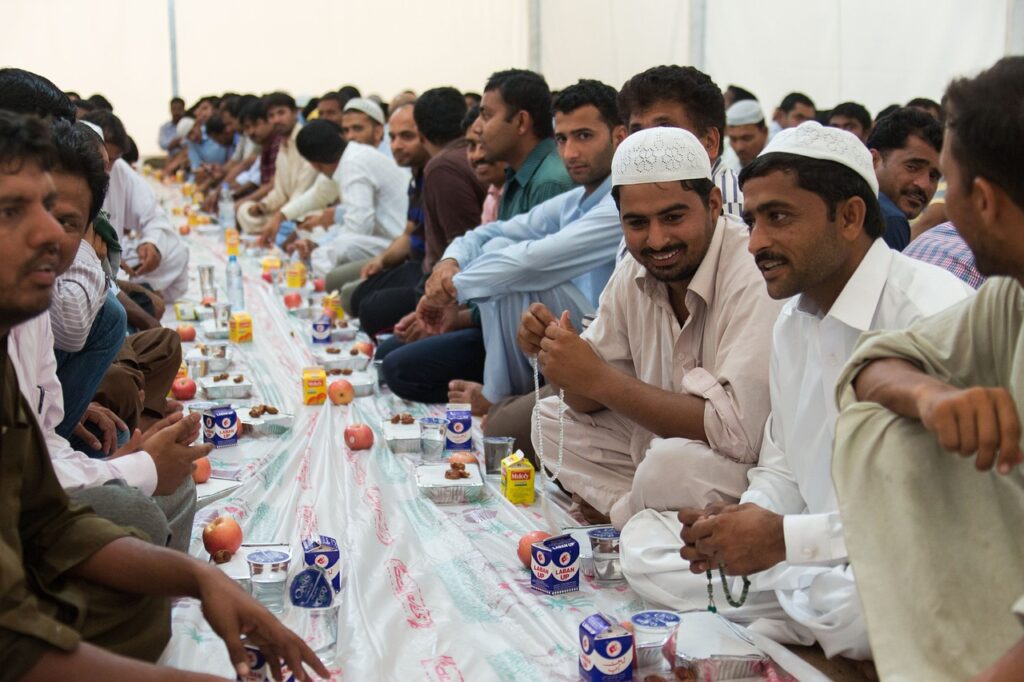
which is a month of fasting, prayer, and reflection. It marks the end of fasting from dawn to sunset and is a day of joy, gratitude, and festivity. Muslims engage in special prayers, give Zakat al-Fitr (charitable donations), and enjoy festive meals with family and friends.
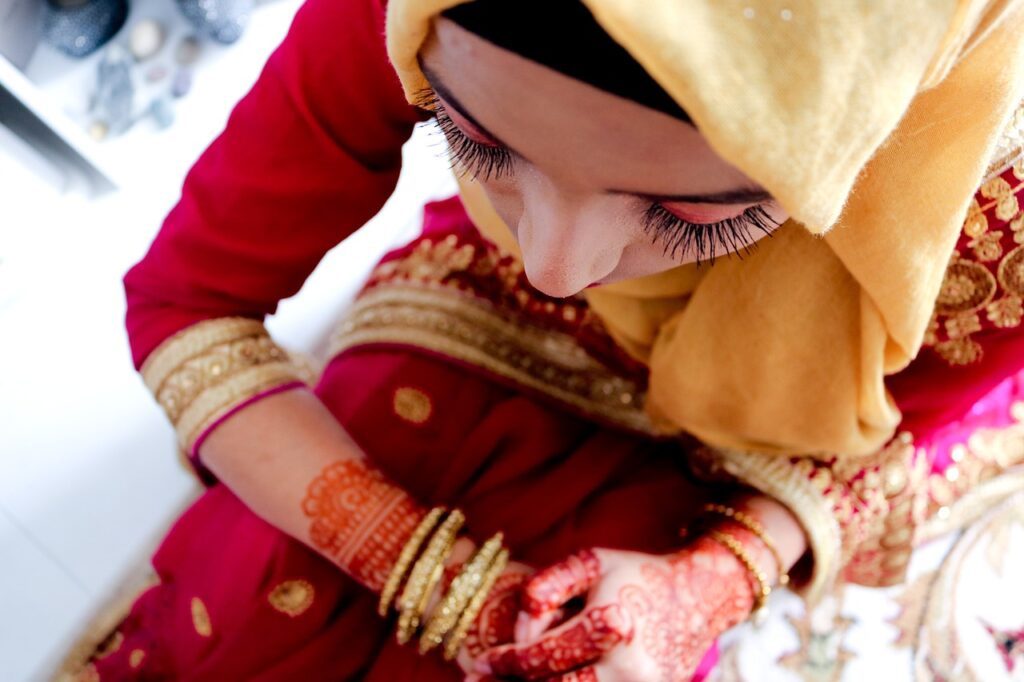
Eid al-Adha (عيد الأضحى)
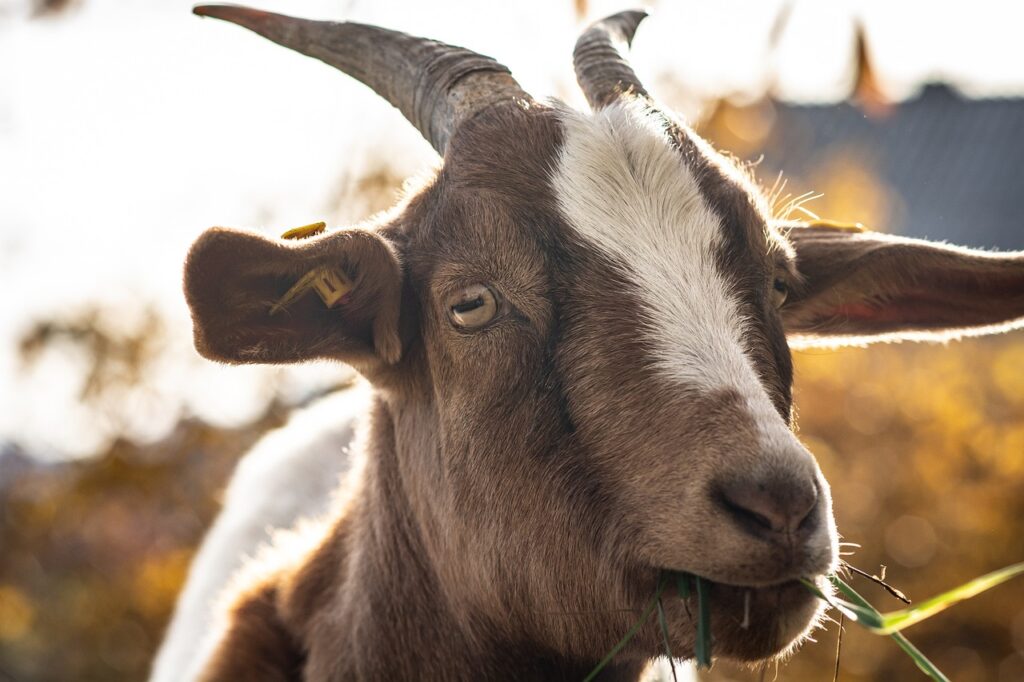
Also known as the “Festival of Sacrifice” or “Greater Eid.” Commemorates the willingness of Prophet Ibrahim (Abraham) to sacrifice his son as an act of obedience to God. However, God provided a ram to sacrifice instead. In commemoration of this event, Muslims who can afford it sacrifice an animal (usually a sheep, goat, cow, or camel) and distribute the meat among family, friends, and the less fortunate.
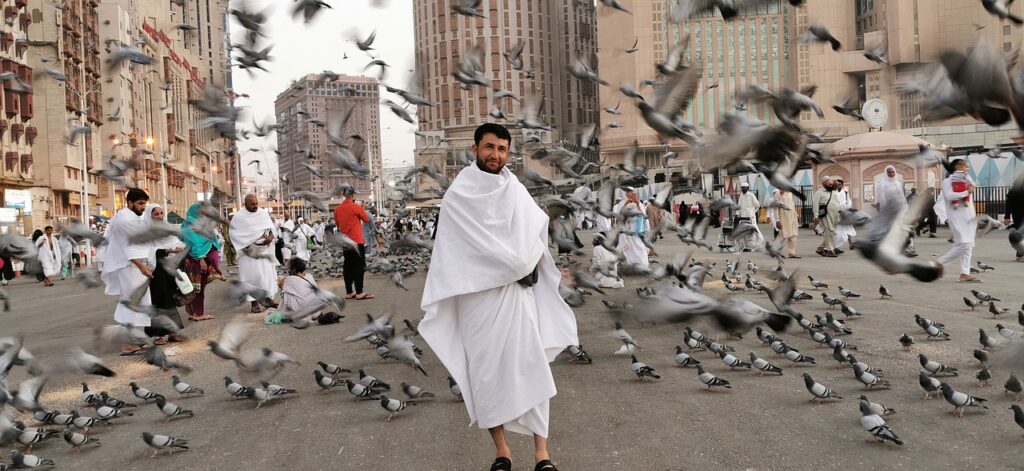
This festival coincides with the Hajj pilgrimage to Mecca, and those not performing Hajj also participate in the celebrations by offering prayers and sharing the sacrificial meat.
Apart from these major festivals, there are also other occasions that hold significance in the Islamic calendar such as:-
Milad Un-Nabi (مَولِد النَّبِي)
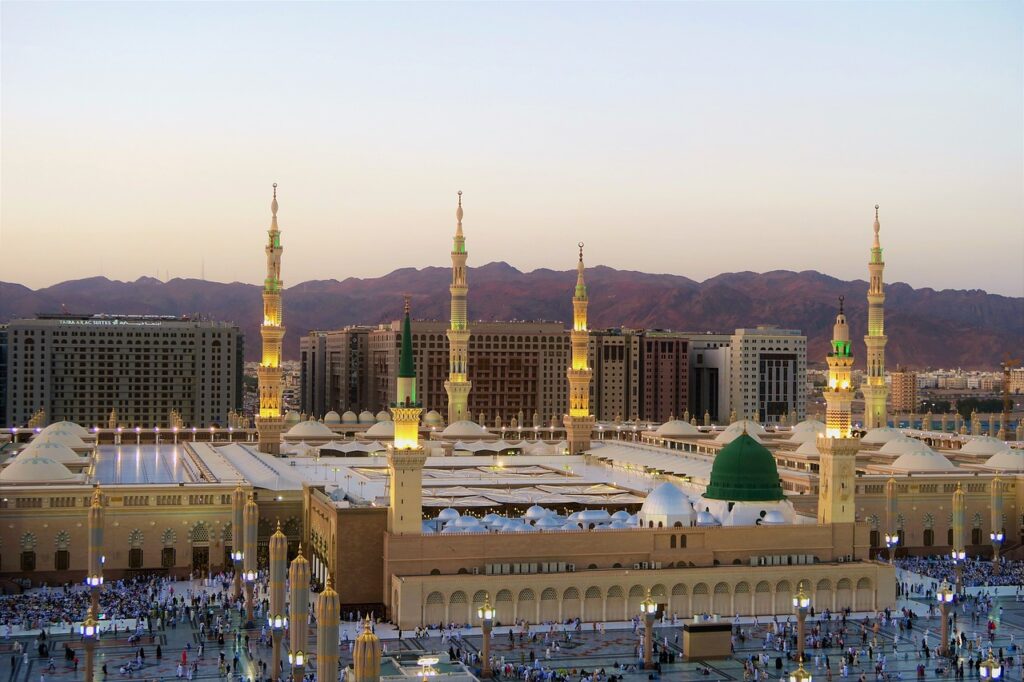
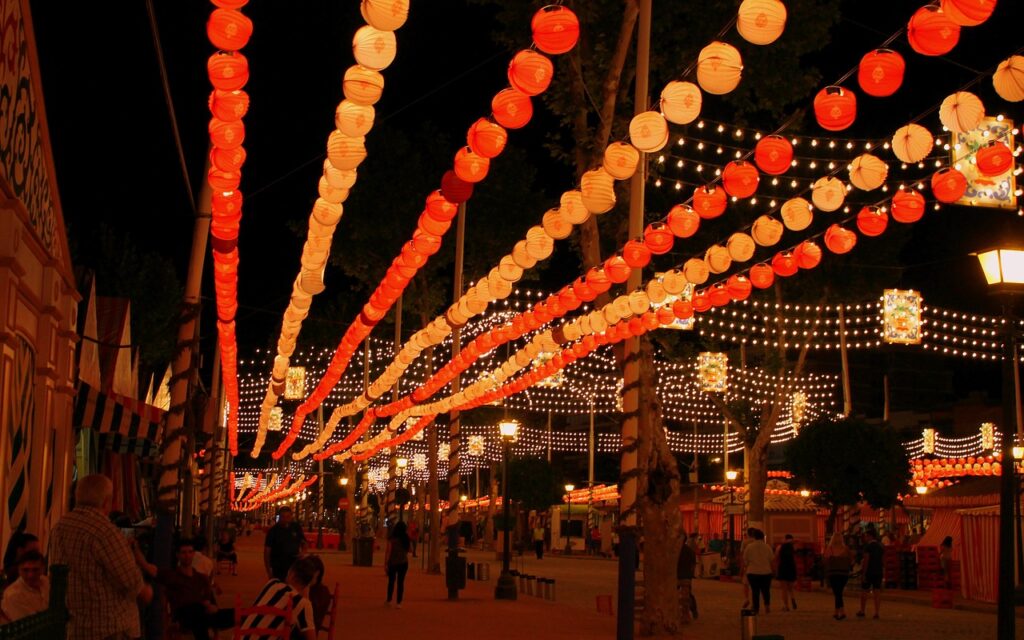
Celebrates the birth of the Prophet Muhammad. Some Muslims observe this day with special prayers, gatherings, and recitations of poetry about the Prophet’s life.
Laylat al-Qadr (لیلة القدر)
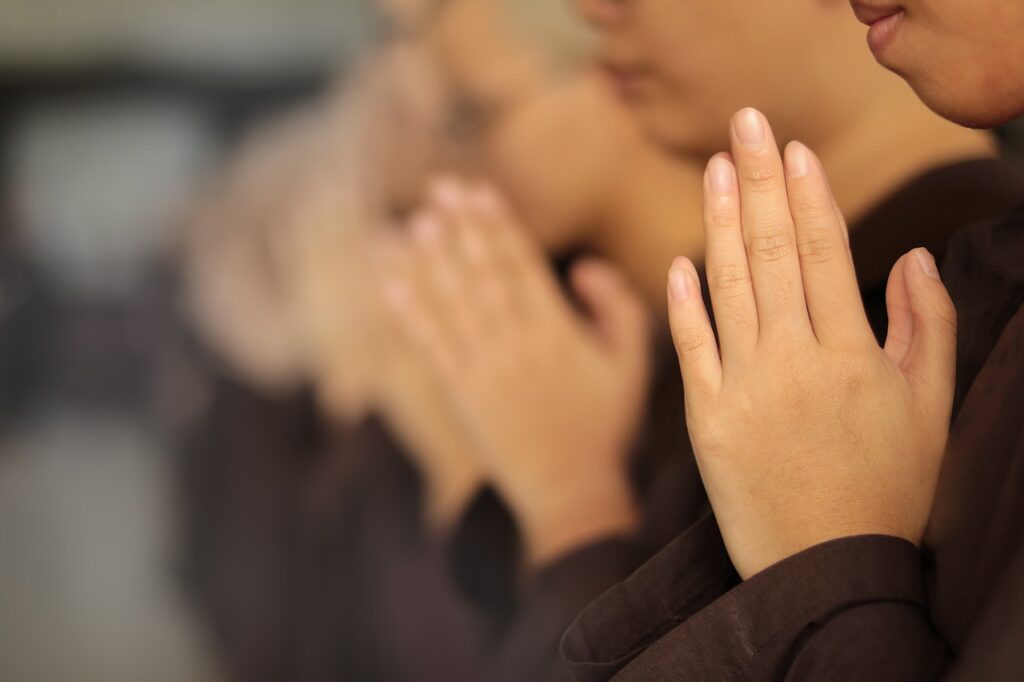
Also known as the “Night of Power” or “Night of Decree.” It is believed to be the night when the first verses of the Quran were revealed to Prophet Muhammad. Observing this night with special prayers and seeking forgiveness is considered highly significant, particularly during the last ten nights of Ramadan.
These festivals and occasions play a crucial role in the lives of Muslims, fostering a sense of community, gratitude, and spiritual reflection. It’s important to note that the way these festivals are celebrated may vary across different cultures and regions within the Muslim world.

